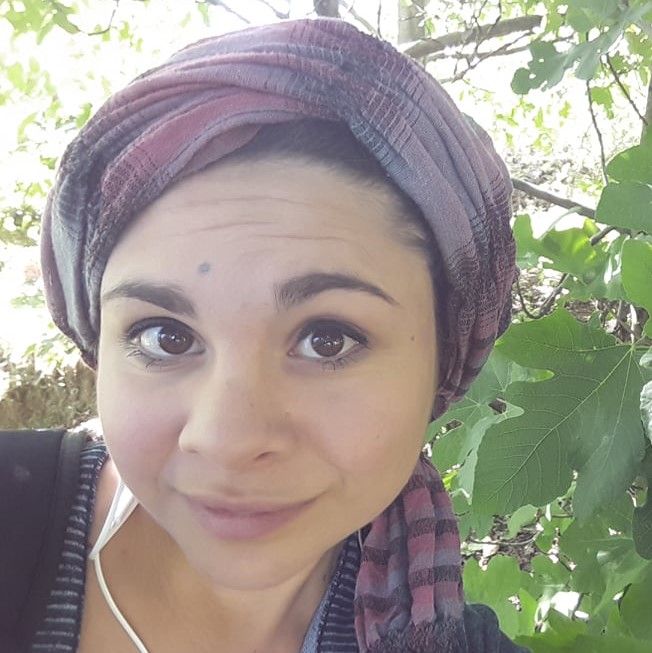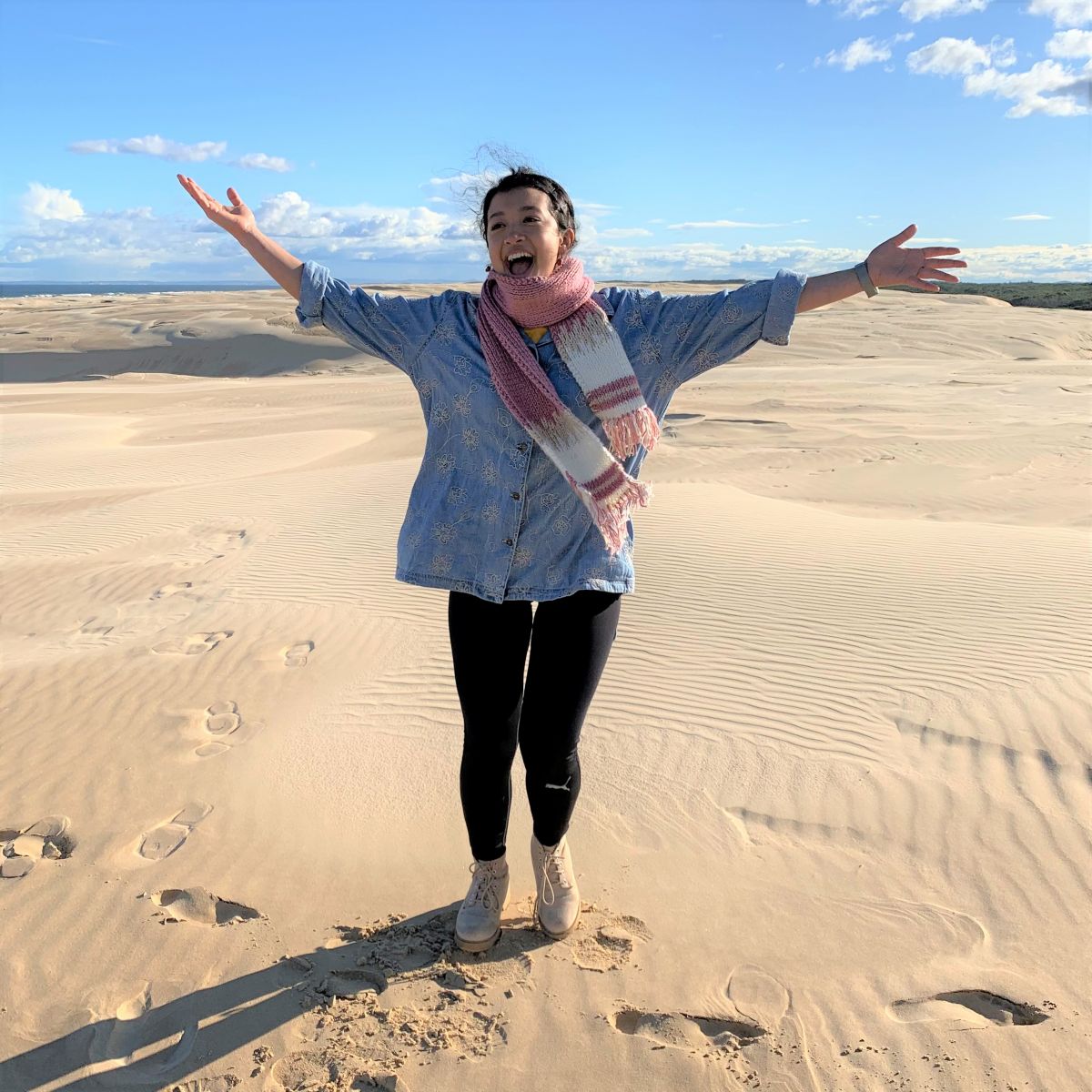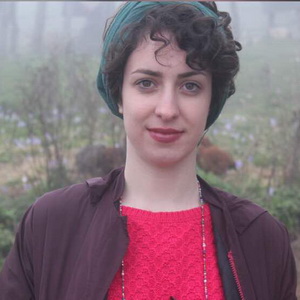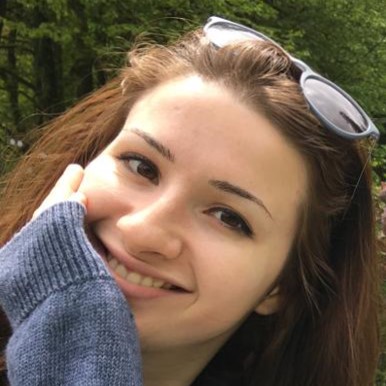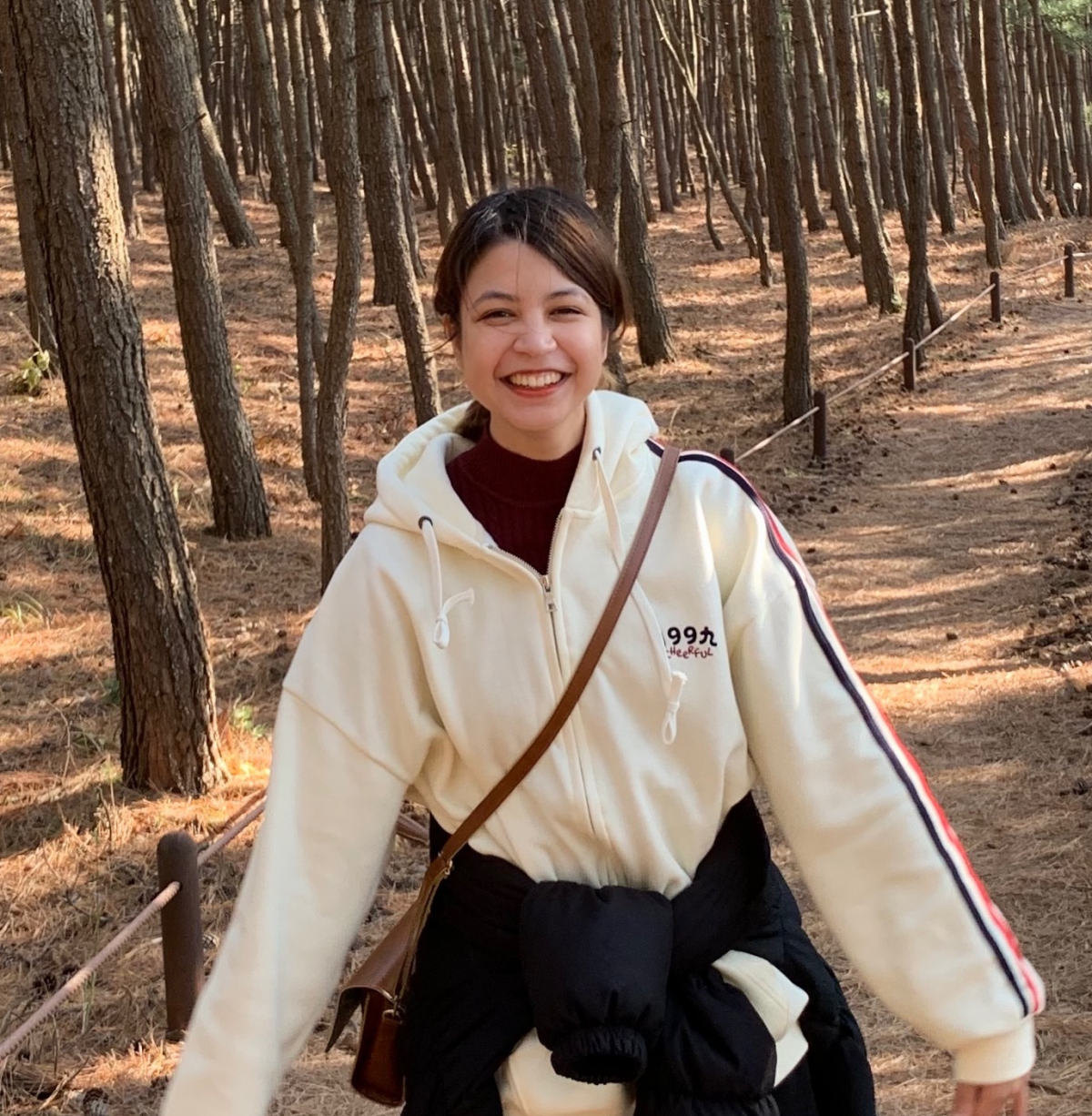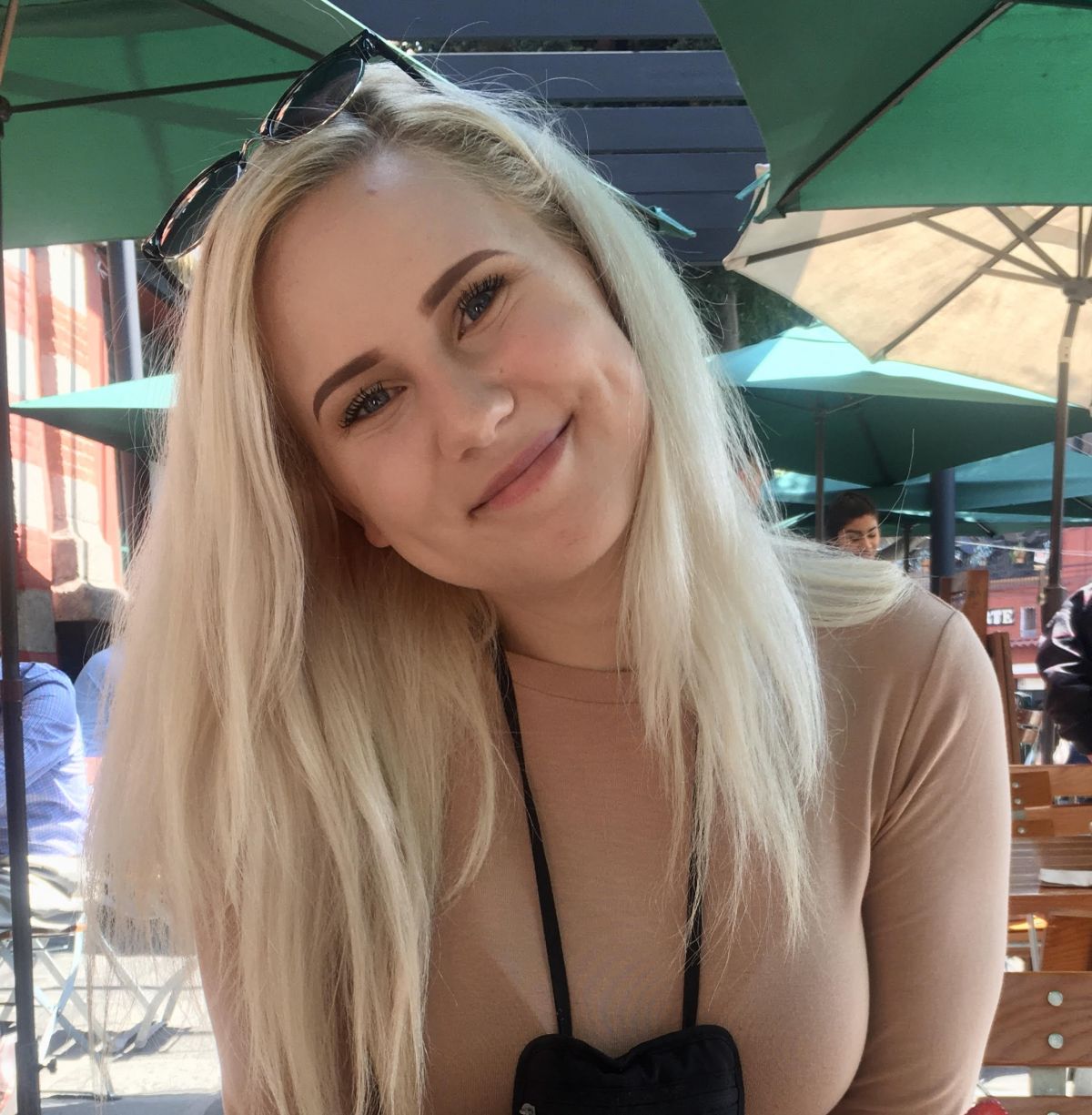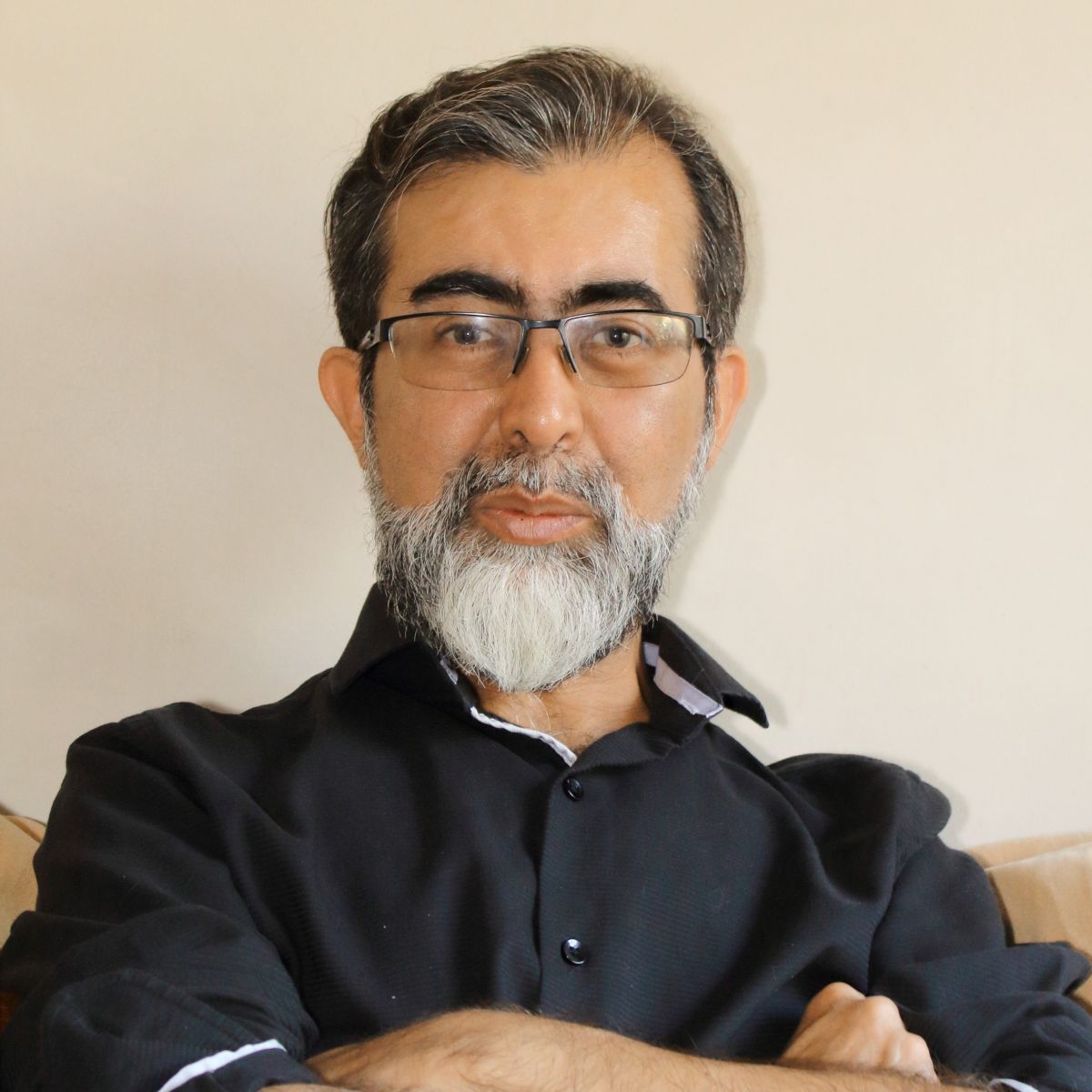Two Migrations Within Four Generations: Identity Crisis Yet?
Despite the conflicts that two migrations within four generations have caused, for me personally the
advantages of being bicultural outweighs the disadvantages.
Netherlands, Western Europe
Story by Shakila Dhauntal. Edited by Melaina Dyck
Published on August 11, 2020.
Reading time: 6 minutes
This story is also available in 


Listen to this story:
Working hard to establish a good life for themselves, the Surinamese-Indian community is often assumed to have integrated well into Dutch society. Yet less is known about the hidden and internal conflicts they endure. Undoubtedly, two migrations within four generations are bound to leave a mark.
In an effort to climb out of poverty, Indians settled in Suriname between 1873-1916, working as contract employees in agricultural fields.[1] When Suriname gained independence in 1975, many descendants migrated to The Netherlands due to political instability.[2] Immigrants settling in Suriname and resettling in The Netherlands experienced trauma on top of trauma: twice leaving behind their families and then struggling to adjust to new societies. This has made many closed off about the past and their emotions.
I was born into a Surinamese-Indian family in The Netherlands. My education reflected my mixed identity: I was taught by the Dutch school system, but I also attended Indian music, dance, and religious classes as I went to a Hindu primary school. In high school, I started noticing differences between the Dutch culture and the culture at home. For example, while critical thinking was celebrated in my classes, at home my parents were not always able to provide an answer to challenging questions, as they had been taught to accept the way things are. Spending time in Dutch homes, I noticed small differences, like wearing shoes indoors and big contrasts, such as the advantages my classmates enjoyed when they used their parents’ network to find a job. I realized that as a bicultural person I was expected to adjust and overcome—to play to the same tune as everyone else, despite the odds not being in my favor.
It is difficult to balance between two cultures with very different values and norms. For instance, modesty is seen as a highly praised trait in Indian culture but is more likely perceived as incompetence in Dutch culture. Such contrasting ideals force me to continually shift between two cultures—a dominant Dutch culture that is characterized by freedom, openness, individualism, and a Surinamese-Indian subordinate culture that is all about limited freedom, reticence, and collectivism. The tension between the two and the subsequent debates on preserving tradition, religion, and language often leads to conflicts where later generations experience immense pressure to fulfill family expectations. Such pressure is soberly reflected in high rates of suicide and attempted suicide, addiction, and depression.[3]
Despite the conflicts that two migrations within four generations have caused, for me personally the advantages of being bicultural outweigh the disadvantages. I get to enjoy delicious food and music from three world regions, learn multiple languages, and have family abroad. However, the most valuable assets that I bring to the table wherever I go are cross-cultural knowledge, respect for people’s beliefs and understanding for their perspectives, and the ability to navigate subtle cultural cues in diverse cultural environments. With these strengths, many bicultural people and I serve as bridges to other people and places. Nevertheless, I feel there is an awareness gap within Dutch society because monocultural Dutch people are taken as the norm. The Netherlands has a rich history of migration, and there should be recognition of bi (or tri) cultural people in education, hiring, and all sectors.
Footnotes
[1] Suriname is a country in South America, located between Guyana and French Guyana, and shares it border in the south with Brasil. Suriname was a colony of The Netherlands from 1667 to 1975. In 1863, slavery was abolished in Suriname. Up until then, fieldwork was performed by African slaves, but due to the shortage of labourers after the abolition, The Netherlands started to recruit field workers from British India, Dutch East Indies (mainly from Java), and China. In the period between 1873 and 1916, around 34.000 Indians settled in Suriname. One-third of this group migrated back to India after their contract ended. In terms of population, Indians (in Dutch: Hindostanen) are the largest ethnic group in Suriname, other ethnic groups are Creoles, Javanese, Marrons, and Chinese.
Choenni, C. (2011). Integratie Hindostani stijl : Over de migratie, geschiedenis en diaspora van Hindostanen. Amsterdam: Vrije Universiteit.
[2] Due to rising tension among ethnic groups prior to the independence of Suriname and the uncertainty about the future of Suriname, many people migrated to The Netherlands. As of May 2020, there are around 355.000 Dutch-Surinamese people (first and second generation) living in The Netherlands (CBS, Statline).
[3] Research indicates that immigrants of Indian ethnicity have an above-average risk of suicide compared to other non-western immigrants in The Netherlands. The results point out that women under the age of 35 have high death numbers, whereas for men this is high under the age of 35, and at the age between 35 and 55. According to the study, the reasons for women are: inflexible family traditions, limited freedom to form relationships with men, strict social control with the threat of expulsion, and family conflicts. For men, the reasons are: not talking about emotions, during childhood they are not taught how to deal with frustrations, and incapability to be successful and achieve ambitions while there is much pressure on being successful. The latter can result in impulsive behaviour in alcohol and drug usage and aggression. In contrast to women, men enjoy freedom and are less limited in pursuing their dreams.
Garssen, M. J., Hoogenboezem, J., & Kerkhof, A. J. F. M. (2007). Zelfdoding onder Nederlandse Surinamers naar etniciteit. Tijdschrift voor Psychiatrie, 49(6), 373-381.
How does this story make you feel?
Follow-up
Do you have any questions after reading this story? Do you want to follow-up on what you've just read? Get in touch with our team to learn more! Send an email to [email protected].
Talk about this Story
Please enable cookies to view the comments powered by Disqus.
Subscribe to our Monthly Newsletter
Stay up to date with new stories on Correspondents of the World by subscribing to our monthly newsletter:
Tags
Topic: Migration
> Syrian Arab Republic
Mexicans in Damascus
A story by Kamelia Khalil
4 min
Well, certainly, these were not ordinary Mexicans, nor even normal global tourists. They disregarded normalized ideas about not traveling to Syria not once, but twice, and the second time brought their whole family! Read more...
> Australia
Pariah Down Under
A story by Jemina Shrestha
4 min English Audio available
My extroverted-self begged me to initiate conversations, but, for the most part, I stayed quiet. Read more...
> Germany
From Rio to Wuppertal
A story by Milton Camilo
4 min
The main reason why I have made the shift from Brazil to Germany is freedom. Especially the freedom of movement- walking on the streets safely. But it is not that I have lost touch with my home country, rather the opposite. It determines me very much and allows me to bring the positive aspects of Brazil to my everyday life, wherever that is (at the moment to Wuppertal). Read more...
Explore other Topics
Get involved
At Correspondents of the World, we want to contribute to a better understanding of one another in a world that seems to get smaller by the day - but somehow neglects to bring people closer together as well. We think that one of the most frequent reasons for misunderstanding and unnecessarily heated debates is that we don't really understand how each of us is affected differently by global issues.
Our aim is to change that with every personal story we share.
Community Worldwide
Correspondents of the World is not just this website, but also a great community of people from all over the world. While face-to-face meetings are difficult at the moment, our Facebook Community Group is THE place to be to meet other people invested in Correspondents of the World. We are currently running a series of online-tea talks to get to know each other better.












